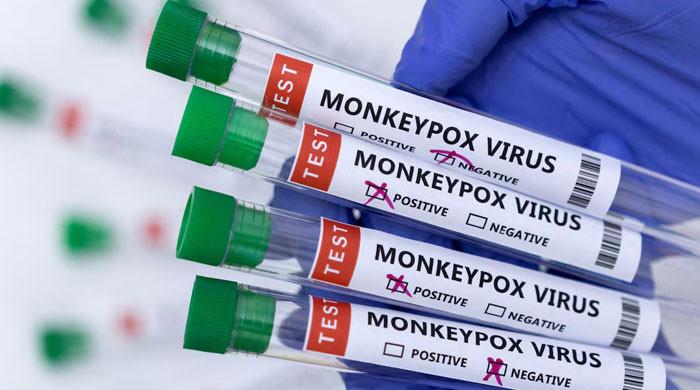What is monkeypox and how does it spread

Monkeypox cases are being researched in Europe, including the United Kingdom, as well as the United States, Canada, and Australia.
The UK government has purchased a smallpox vaccine to protect against monkeypox, an uncommon and poorly understood illness.
According to scientists, monkeypox is caused by the monkeypox virus, which is related to smallpox but is considerably less severe and has a minimal risk of infection.
It’s usually found in distant portions of Central and West Africa, amid tropical rainforests.
The virus is divided into two strains: west African and central African.
Another example was a healthcare worker who contracted the virus from one of the patients.
Recent instances have no known connections to one another or a history of travel. It appears that they caught it in the UK as a result of community spread.
Fever, headaches, swellings, back discomfort, hurting muscles, and general listlessness are among the first signs.
Once the fever has broken, a rash might appear, usually starting on the face and spreading to other areas of the body, most commonly the palms and soles of the feet. The infection typically goes away on its own within 14 to 21 days.
When someone comes into close contact with an infected person, monkeypox can spread. The virus can enter the body through a break in the skin, the respiratory tract, or the eyes, nose, and mouth.
Although it has not been classified as a sexually transmitted infection, it can be transmitted through physical touch during sex.
It can also be transferred by contacts with infected animals like monkeys, rats, and squirrels, or through virus-infected materials like bedding and clothing.
Monkeypox has no cure, although outbreaks can be contained through infection prevention.
Monkeypox can be prevented with an 85 per cent effective smallpox vaccination.
According to experts, we are not on the verge of a countrywide outbreak, and the risk is low, according to Public Health England.
Public Health England is following up with people who have had close contact with patients to offer advice and keep track of their progress.






